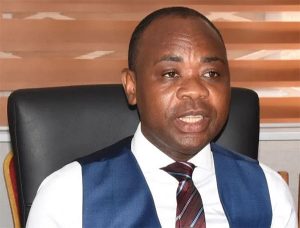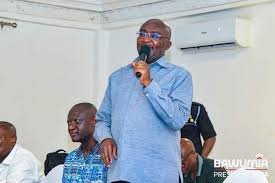Nigeria’s Lagos State made history by making Africa’s first appearance in the famed Lord Mayor’s Show in London, an annual parade steeped in 800 years of tradition that celebrates the city’s history and trade.
The debut reflects the state government’s ambitions to become a global financial hub and attract foreign investment, which is especially important as federal authorities work to revitalize Nigeria’s economy, which is facing challenges such as mounting debts, unprecedented inflation rates, and a sharp decline in the local currency. The Lord Mayor’s Show organizers stated that Lagos was chosen to join in the London parade due to the state’s “growing economic prominence.” Lagos Governor Babajide Sanwo-Olu, who led Nigeria’s delegation to the London parade on Saturday, told CNN that his state’s participation was an invitation to the rest of the globe to come and explore “the myriad of opportunities” available in Lagos.

According to him, “Let it be known that Lagos State, with its rich cultural heritage and unwavering spirit, is not just participating in a historic procession; it is striding into the global spotlight, inviting the world to witness its dynamism, its progress, and the myriad of opportunities available to all.”
“Lagos isn’t just open for business—it’s open for transformative, groundbreaking projects that shape the future,” he said.
Lagos, Nigeria’s former capital city, has remained the West African country’s economic nerve center, providing 30% of its GDP and more than 50% of port income, according to state estimates.
However, it has several challenges, including inadequate infrastructure such as roads, public transportation, and utilities. Lagos has also witnessed fast population expansion, which has resulted in difficulties like overpopulation, infrastructural pressure, and increasing demand for basic services.
According to Aigboje Aig-Imoukhuede, co-chair of the newly established Lagos International Financial Centre Council (LIFC), Lagos is now ready to compete with global companies.
“Market infrastructure is in place,” he stated, adding, “the problem was market management.” Unfortunately, our market has had very terrible management for the previous eight years. However, things have changed.”
(CNN, Nov. 2023)











